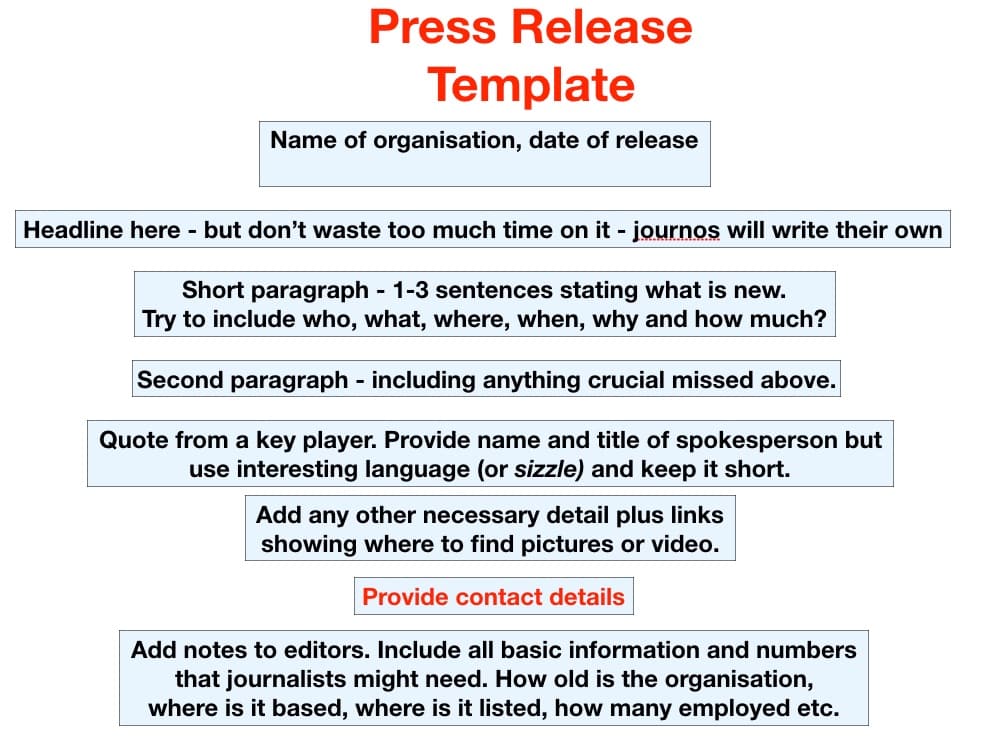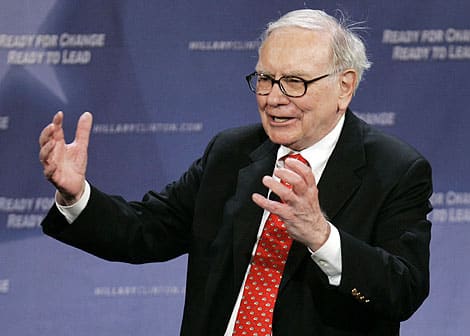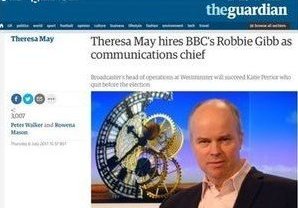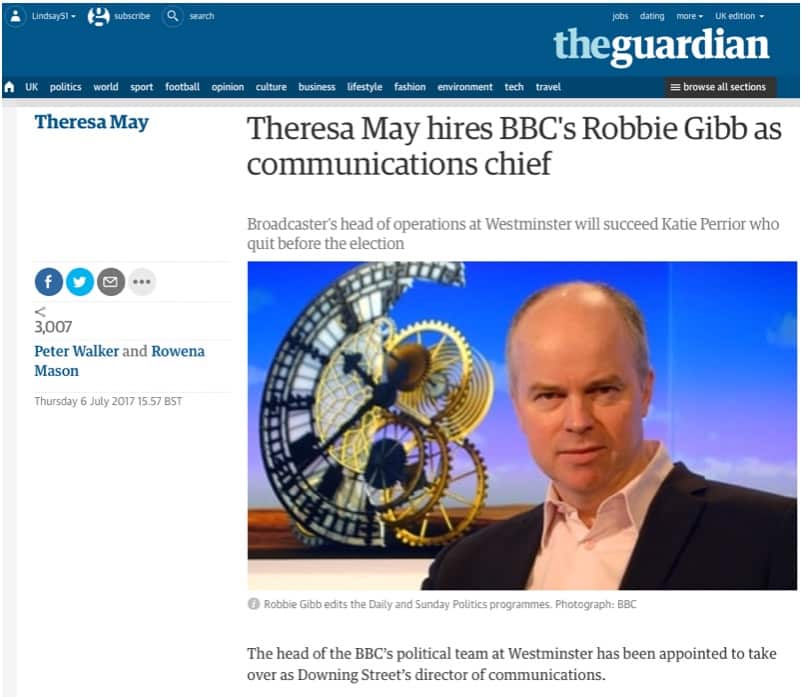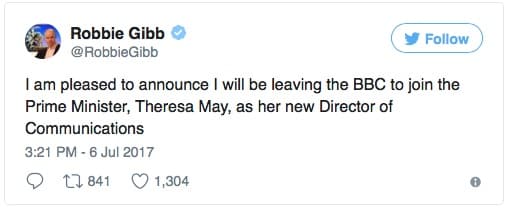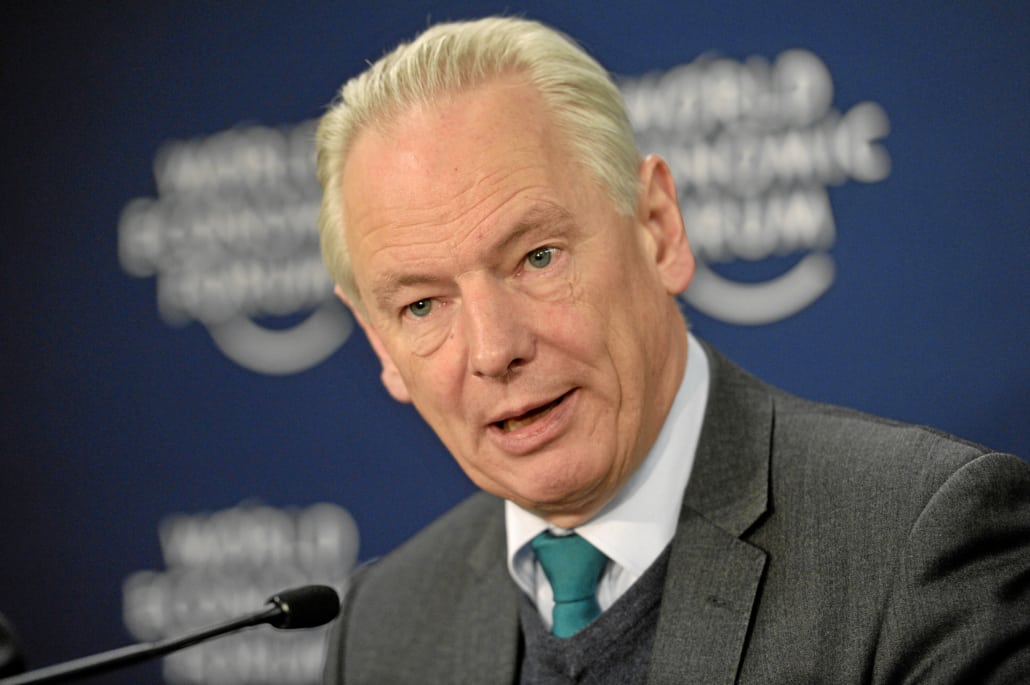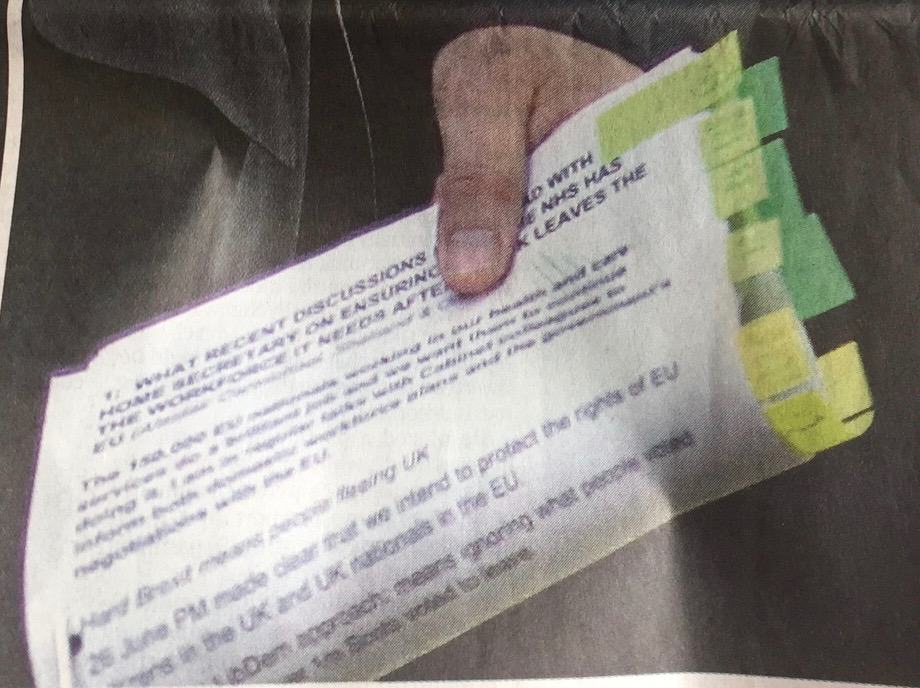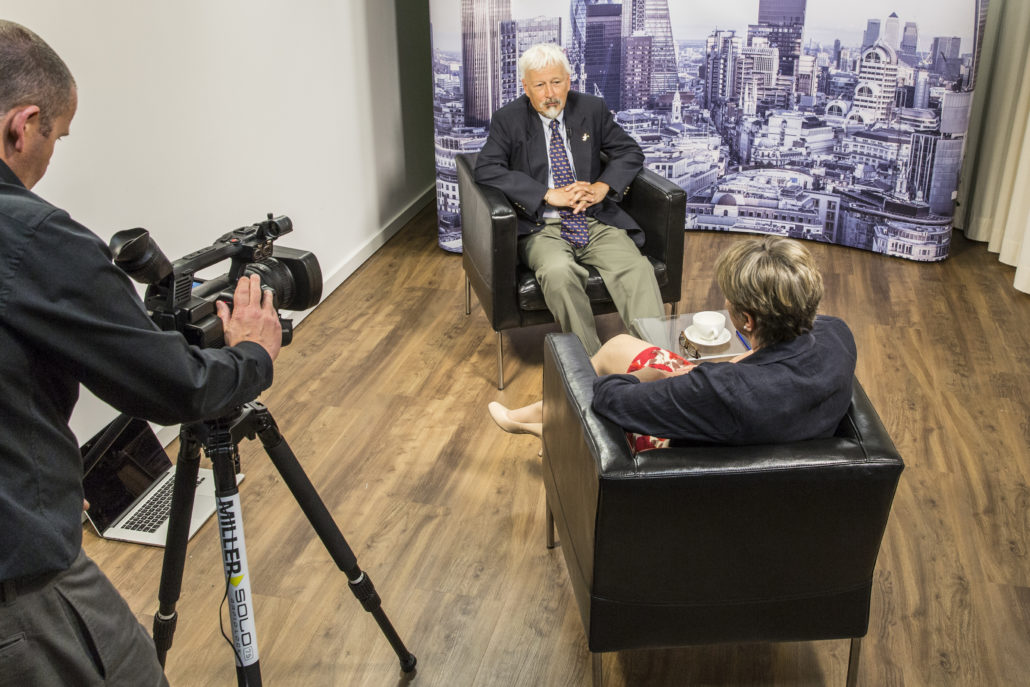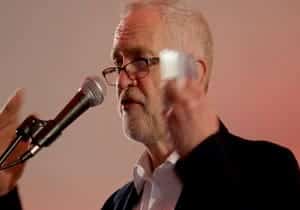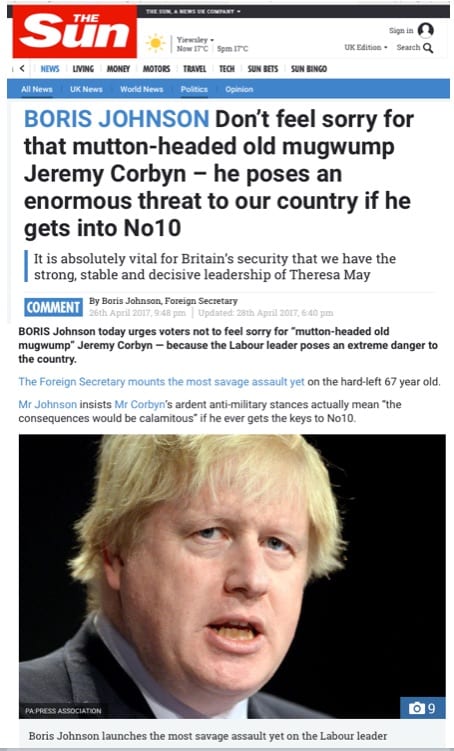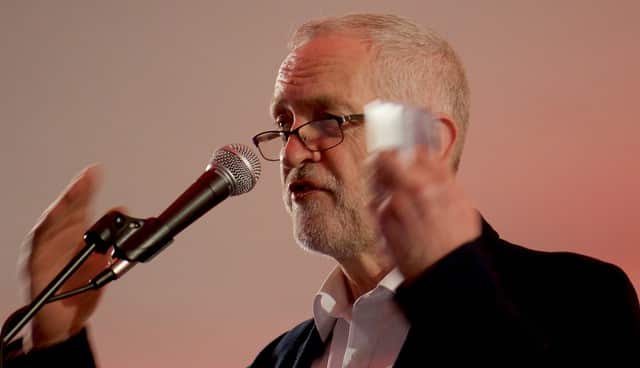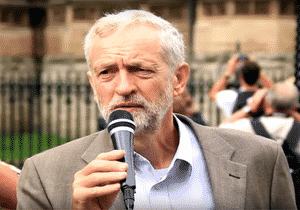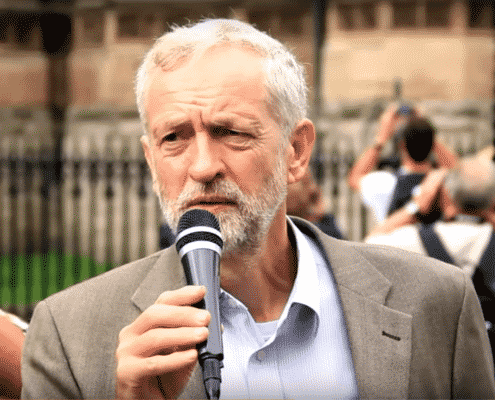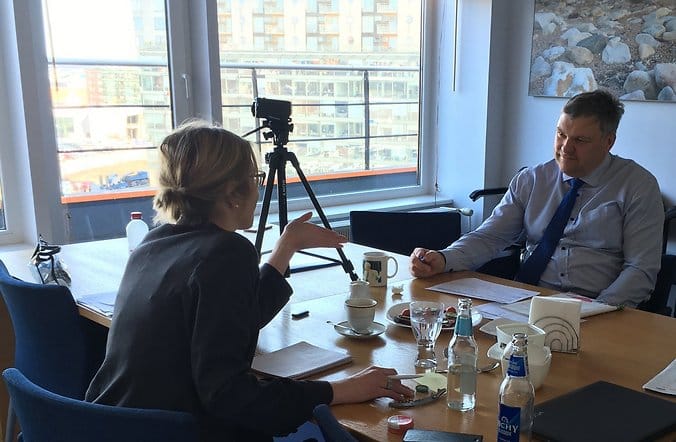8 tips for professional communicators
Professional communicators, whether writing or speaking, need to remember these basic rules to ensure what they say is remembered by the audience.
A client asked me at lunch the other day to just give her the top 5 things we say when trying to help people communicate better. I couldn’t stop at 5 and ended up with 8 but this is what I said.
1. Speak in simple language
This is the key universal challenge. It is the one thing high-powered professionals struggle with most. But it is essential to work out how to tell your story in layman’s language.

“If you can’t explain it to a six year old, you don’t understand it yourself.” – Albert Einstein
2. Be tangible
This is the advanced version of keeping it simple. It is much easier for people to understand and remember what you are talking about if you explain it in words that create a picture in people’s minds. Here are a few examples:
Rather than ‘access to financial services’ – say ‘open a bank account, take out a loan etc’.
Rather than ‘leveraging our resources’ – say ‘using the people, the money and the knowledge we have to do more …’.
Rather than ‘influencing health outcomes in a population of lactating women’ – say ‘improving the health of breastfeeding mums in a way that can be measured from month to month’.
3. Use metaphors, similes and analogies
All professional communicators will use metaphors, similes and analogies. Here are a few that have stuck in my mind over the years:

Economist Andy Haldane once delivered a speech about banking regulation entitled ‘The dog and the frisbee’.
In 2012 the economist and regulator, Andy Haldane, delivered a speech entitled ‘The dog and the frisbee’. He was drawing a comparison between catching a frisbee and preventing a financial crisis: his takeaway message was that writing down heaps of detailed regulation will not help anyone prevent a crisis. Here is a snippet:
Catching a frisbee is difficult. Doing so successfully requires the catcher to weigh a complex array of physical and atmospheric factors, among them wind speed and frisbee rotation. Were a physicist to write down frisbee-catching as an optimal control problem, they would need to understand and apply Newton’s Law of Gravity. Yet despite this complexity, catching a frisbee is remarkably common. Casual empiricism reveals that it is not an activity only undertaken by those with a Doctorate in physics. It is a task that an average dog can master. Indeed some, such as border collies, are better at frisbee-catching than humans. …
Catching a crisis, like catching a frisbee, is difficult. Doing so requires the regulator to weigh a complex array of financial and psychological factors, among them innovation and risk appetite. Were an economist to write down crisis-catching as an optimal control problem, they would probably have to ask a physicist for help.
And here are a couple of shorter ones:
Love is like the wind, you can’t see it but you can feel it.
– Nicholas Sparks, A Walk to Remember
We delight in the beauty of the butterfly, but rarely admit the changes it has gone through to achieve that beauty.
– Maya Angelou
Life is like riding a bicycle. To keep your balance, you must keep moving.
– Albert Einstein
4. Throw in well-rehearsed hard evidence
I have a simplistic approach to this. For the media, three numbers make an argument. When I was on the board of the National Association for Gifted Children* we used something like this:
On a normal distribution curve of intelligence, the top 3% of children can be considered gifted. That is three in every hundred, which means there are more than 10 gifted children in your local primary school. If you, as a teacher or a mum, do not know who they are – it’s because they’re hiding.
Notice that in this case it is not three different numbers but the same number stated in three different ways.
[*NAGC has now changed its name to Potential Plus]
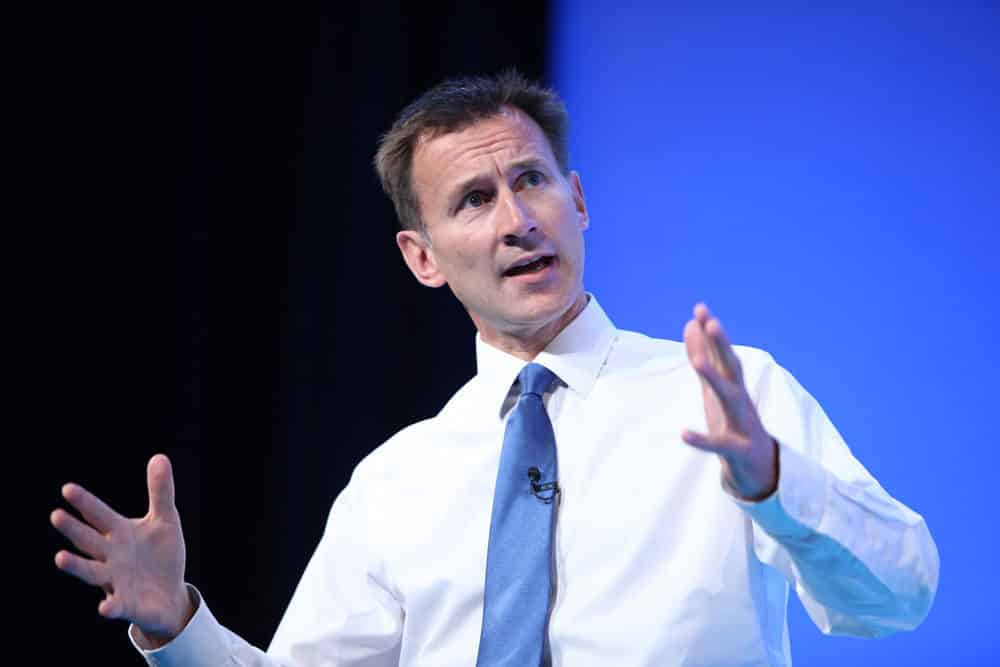
Jeremy Hunt will often line-up detailed numbers when explaining the challenges faced by the NHS.
You can often list your key numbers. Here is a passage from a speech by Jeremy Hunt UK Health Minister :
We have not stood still: compared to six years ago, our remarkable professionals are treating 1,400 more mental health patients every day, 2,500 more A & E patients within 4 hours every day, doing 4,400 more operations every day, 16,000 more diagnostic tests every day and 26,000 more outpatient appointments every single day.
This is the sort of paragraph, familiar to professional communicators, that is the filling in the sandwich between the first articulation of an argument and the second – as in the technique Point-Evidence-Point.
In a speech, you can include more numbers but too many and the audience gets bored. For an interview stick to three or four, neither you or the audience will remember more.
5. Tell stories
Stories, anecdotes, examples or case studies are by far the most memorable elements of any communication. Our brains are hard-wired to remember stories over facts. We have blogged about this extensively already, for example here and here.
6. Make sure what you are saying is interesting and credible
Sounds obvious doesn’t it but you would be surprised. In both presentations and interviews, even professional communicators will say things they know sound stupid but feel it is expected of them by their company or organisation. Never turn off your own judgment.
7. Have a clear argument
If you are a professional communicator you will know that you have to check and check again that your argument is crystal clear.
8. Craft then rehearse all the above
Your presentations and your messages for any interview should be rehearsed aloud. There is no substitute. Think you don’t have time? I can assure you it will be quicker to edit, improve, commit to memory and correct if you say it aloud.
If you would like help with your messages The Media Coach can facilitate bespoke message-building sessions for your organisation.
All images from Pixabay.




